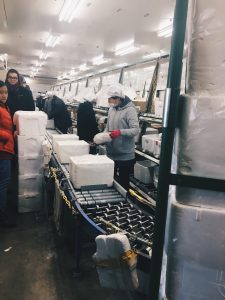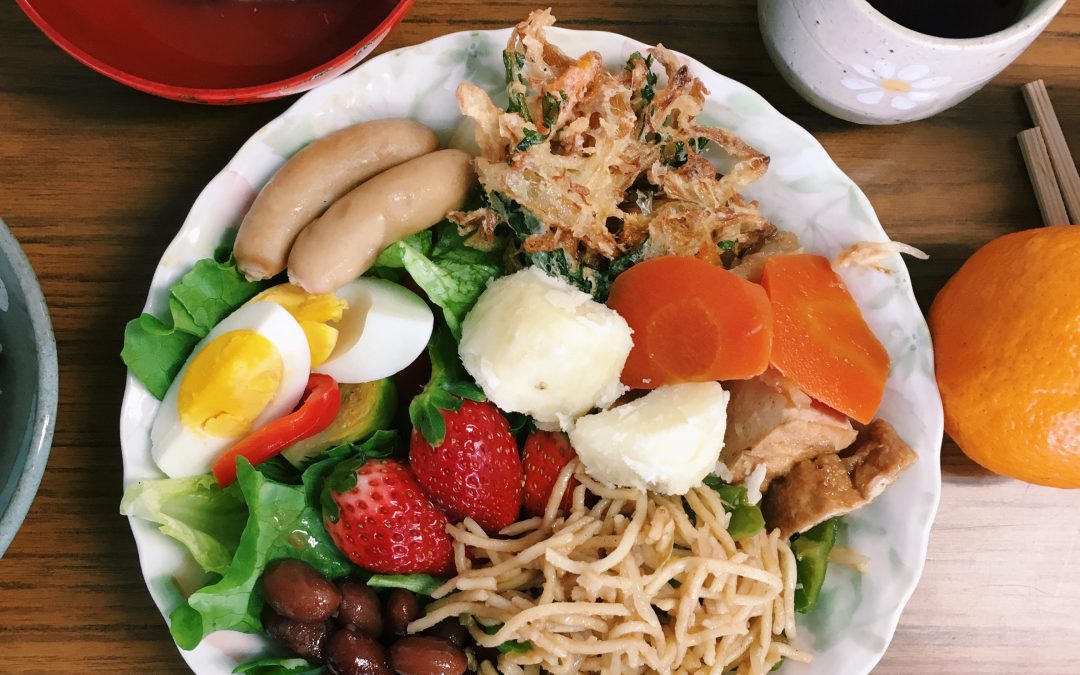The field trip to Yotsuba Co-op was a fascinating look into an alternative mode of food and goods consumption that attempts at breaking away, just a little, from capitalism. At Yotsuba, members and staff have created a fundamentally different economic system that values equality, sustainability, health, and, unsurprisingly, cooperation. The co-op promotes a lifestyle free of additives and GMO’s, and pushes the concept of collaboration and transparency from start to finish.
Members purchase shares of the co-op that allow them to custom order a package of available products that are domestically sourced, naturally based, and high quality. Returning to the question of what defines good food, we see another potential answer here – good food is food that is healthy for you and safe to eat, produced locally without any added chemicals or preservatives. These boxes are delivered to the participating households every week, and the entire operation runs on the monetary contributions of the members. Members, who are also the food packers, catalog printers, decision makers, committee participants, and leaders of the co-op all share the equal opportunity to have a voice. Unlike our capitalist society under which human labor and nature are subsumed, Yotsuba Co-op attempts at creating a system free from the shackles of capitalistic-determined decisions. Money does not determine how important a member may be in the co-op; rather, contributions are cycled into the process, and then sometimes given back in the form of dividends.
Similarly to ARI, the co-op follows a process of transparency, allowing members to understand where their food is actually coming from, and to get their questions answered. We experienced this transparency by enjoying a delicious lunch of organic, local food while learning even more about the organization. Even while this system may not be for everyone, I found the co-op to be an interesting option that offers a step away from capitalism for those who want a stronger connection and relationship with others and the goods they consume.

Co-op workers sorting and packaging food to be delivered to members.

